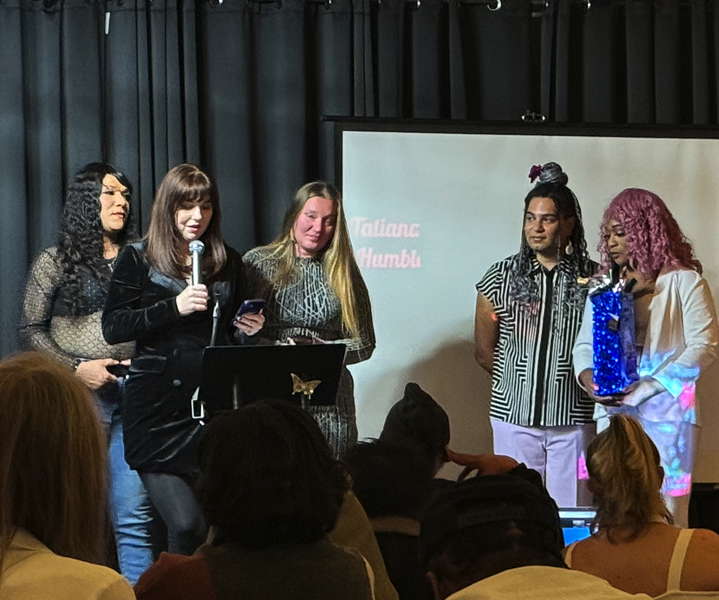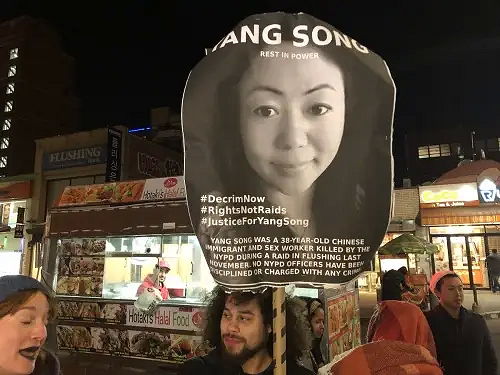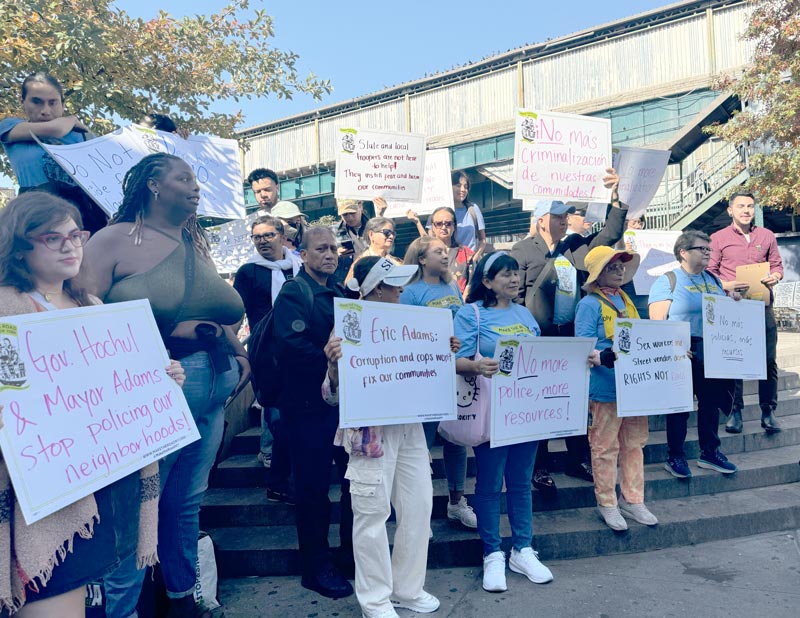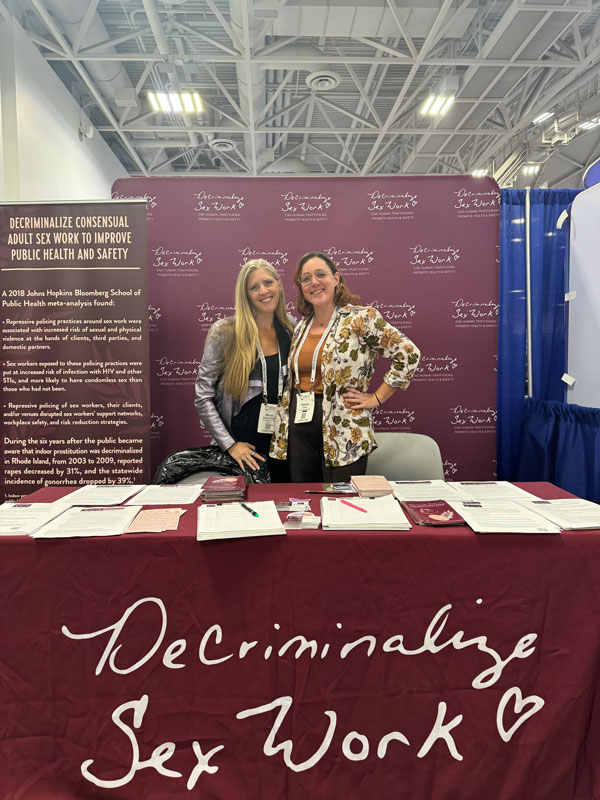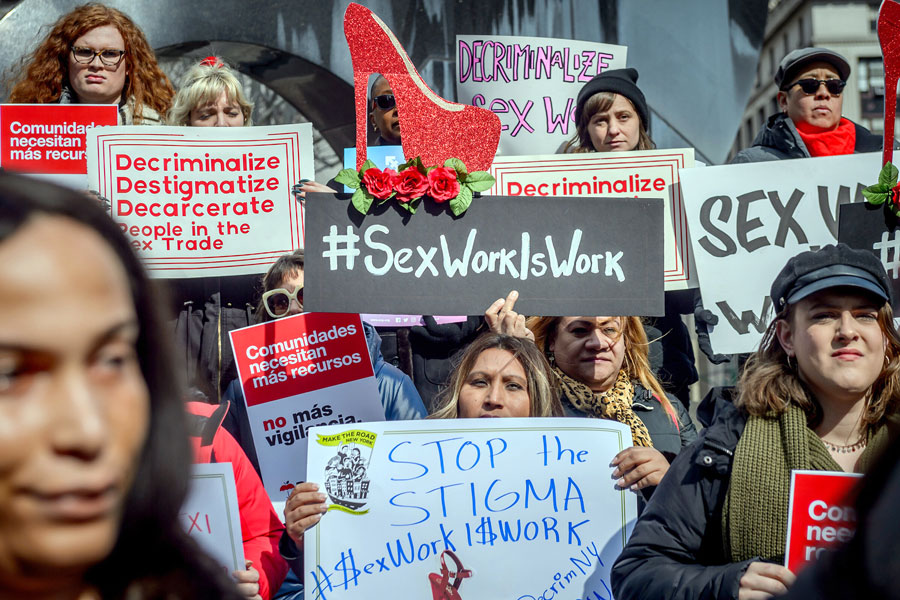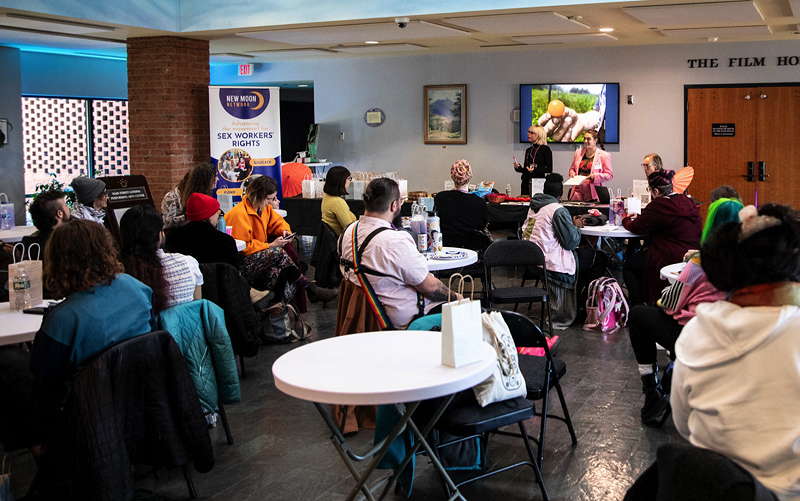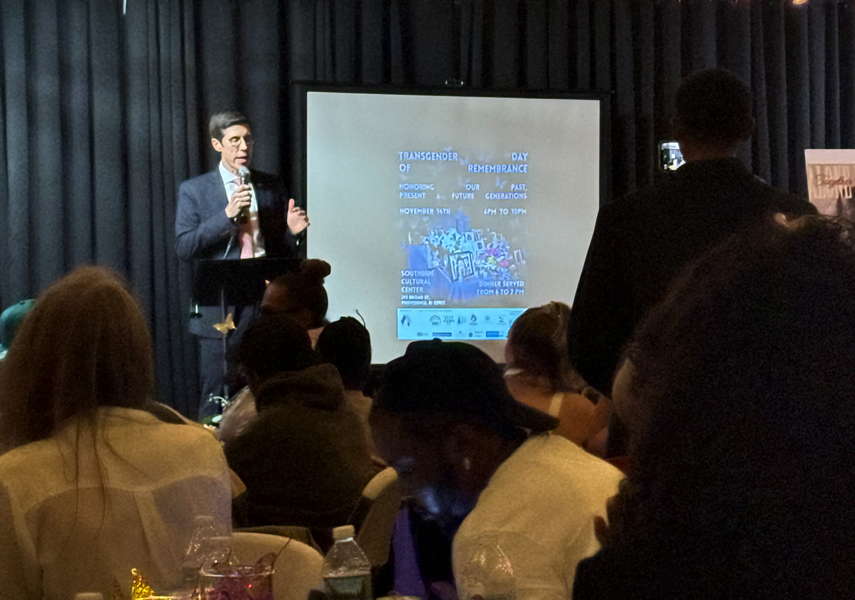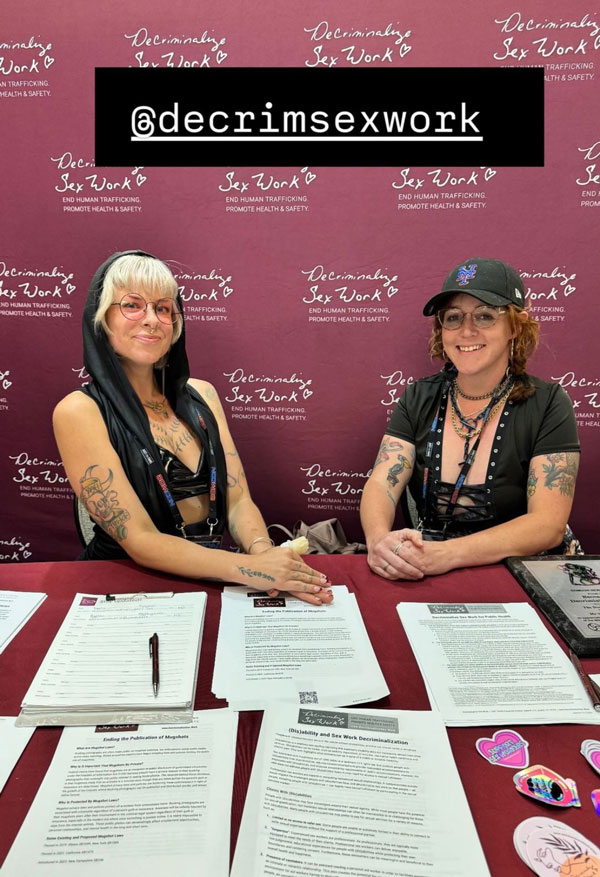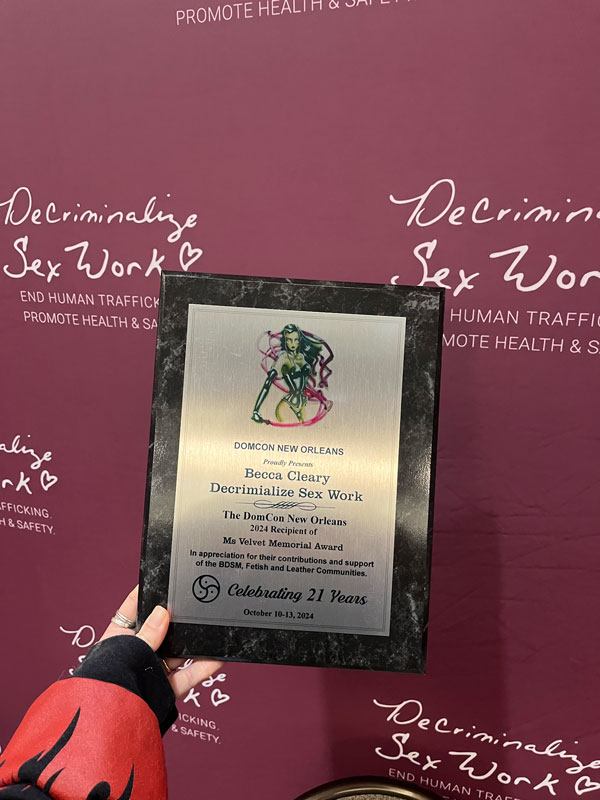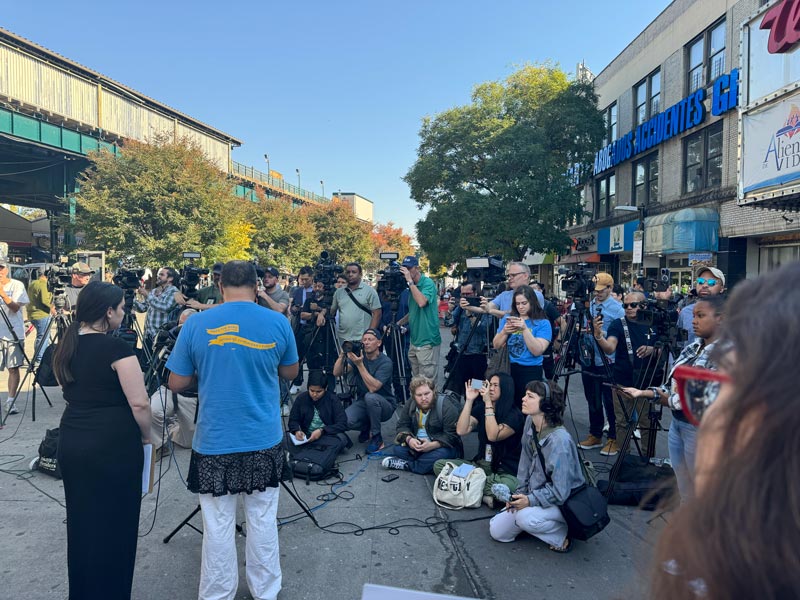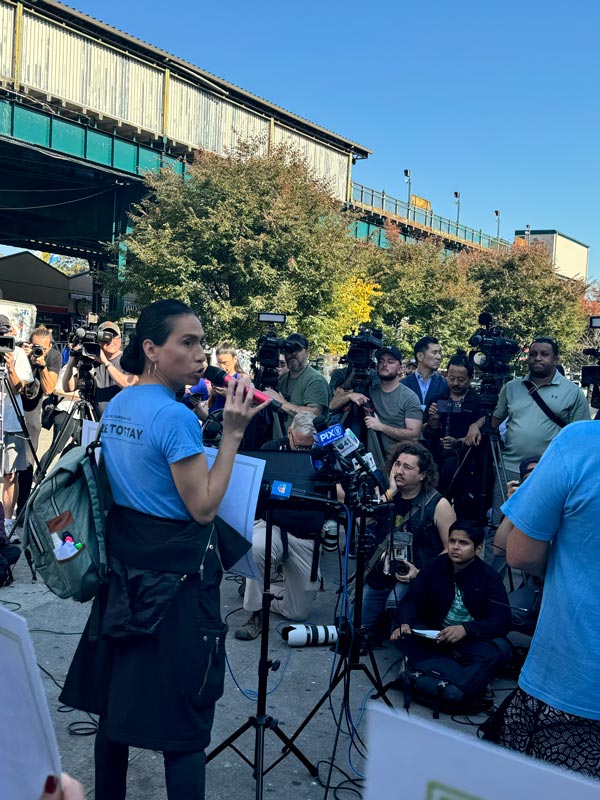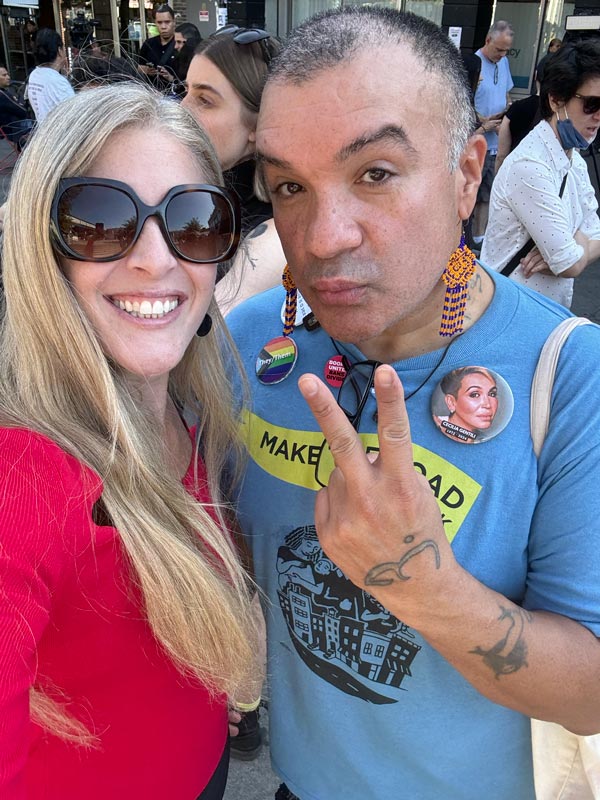December 1, 2024
World AIDS Day is a time to remember and honor the more than 32 million people who have died worldwide from AIDS-related illnesses and renew our commitment to ending the HIV epidemic. The World Health Organization (WHO) reports that with a human rights-based approach, the world can bring an end to the public health threats posed by AIDS by 2030. The WHO — along with numerous other public health agencies, including UNAIDS, and the Global Commission on HIV and the Law — support the decriminalization of consensual adult sex work as an essential step in the global fight against HIV, AIDS, and other STIs. Research shows the decriminalization of sex work would reduce HIV transmissions by 33-46% worldwide.
Lawmakers and proponents of criminalization tout repressive laws on prostitution and HIV as critical to reducing the spread of infection; however, public health research has conclusively demonstrated that criminalization and policing practices greatly impede sex workers’ ability to protect themselves and their clients from sexually transmitted infections (STIs), including HIV. Where sex work is criminalized, sex workers have less agency and are more likely to engage in risky behaviors such as having unprotected sex.
According to the ACLU, “Research indicates that certain police practices related to enforcement of sex work criminalization may put sex workers (and their clients) at greater health risk. Interviews with sex workers in Sacramento Valley, California revealed that the threat and incidence of detention increased if sex workers had condoms in their possession. Some sex workers in a New York City study reported that police confiscated or destroyed their condoms, even outside the context of arrests. A number of these workers stated they carry fewer condoms due to their fear of arrest, but several indicated that this did not deter them from their commitment to practicing safer sex.”
In addition to criminalization, the stigma associated with sex work can make it difficult for sex workers to obtain adequate sexual and reproductive health services. Sex workers often face discrimination by medical health professionals who may choose to condemn them for their choice to engage in sex work instead of simply providing them with the medical care they seek. The United Nations Reproductive Health and Rights Agency (UNFPA) found that nearly 1 in 4 sex workers have been denied health care because of their occupation. It is imperative that sex workers are able to seek regular testing and routine care without worrying about being shamed or, worse, denied services for how they earn their income. Both the CDC and the American Sexual Health Organization (ASHA) and Centers for Disease Control and Prevention (CDC) recommend regular testing for STIs as the most important measure to both treat and prevent STIs as many have no symptoms.
Nationally, Decriminalize Sex Work (DSW) advocates for expanding Patients’ Bills of Rights and similar protections to ensure that patients cannot be denied care based on their source of income, source of payment, or profession. Not only will this ensure that patients cannot be discriminated against, but it will also help erode stigma in healthcare settings and ensure that sex workers feel that they can safely seek healthcare services. DSW was recently successful in advocating for the passage of these expanded protections in Rhode Island.
“To protect sex workers’ health, leaders need to accelerate action to tackle the stigma, discrimination and violence that sex workers face. This will require decriminalization. The evidence is clear: punitive laws hurt sex workers and need to be removed,” said Christine Stegling, Deputy Executive Director, UNAIDS.
![5.1-[Converted]](https://decriminalizesex.work/wp-content/uploads/5.1-Converted.jpg)
“To protect sex workers’ health, leaders need to accelerate action to tackle the stigma, discrimination and violence that sex workers face. This will require decriminalization. The evidence is clear: punitive laws hurt sex workers and need to be removed,” said Christine Stegling, Deputy Executive Director, UNAIDS.
DSW Newsletter #58 (December 2024)
Groundbreaking Belgium Law Grants Employment Protections to Sex Workers

DSW Attends New England Sex Work Summit

D17: International Day to End Violence Against Sex Workers
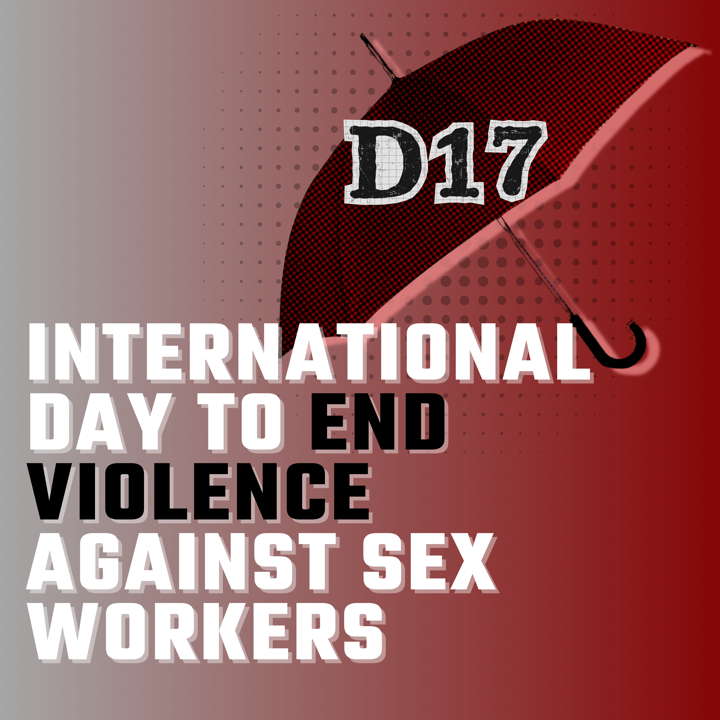
DSW Staff Attorney To Lead Class on Legislative Advocacy

Decriminalize Consensual Adult Sex Work to Fight AIDS
